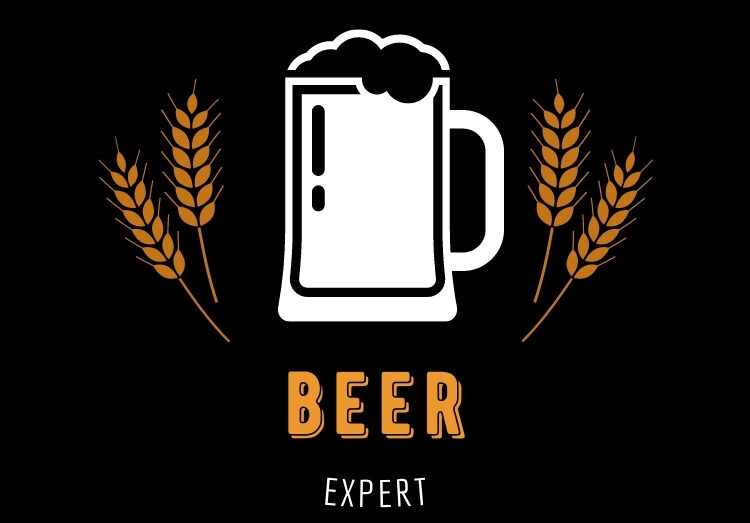Cask-conditioned beer is the choice of the drinker who likes their beer ‘real’, but what is it exactly and how does it differ from conventionally conditioned beer.
The New Beer Standard
Whereas for centuries cask-conditioned beer was the norm, it is now a speciality type. This traditional method of keeping and serving beer has now been largely superseded by keg, or ‘brewery-conditioned’, beer. Like with many industrial innovations, it is a change that benefits the producers and not the product. The Brewers of brewery-conditioned beer are less concerned with producing a tasty pint than an efficient one.
A keg beer is a readymade beer treated for ease of handling, storing and drinking. Once the initial fermentation stage is complete, the beer is typically chilled and pasteurised to create a sterile product, with its natural yeast content filtered out, and then decanted into a pressurised metal container – the eponymous keg.
As brewing is a natural process that relies on the activities of living organisms it’s perhaps inevitable that such artificial and industrial methods of preservation will ultimately compromise the quality of the beer.
Inert Beer Vs Living Beer
Most significantly beer that is brewery-conditioned is inert beer. Rather than allow the living yeast to continue developing and enriching the beer whilst in its container – a decisive cask conditioning process known as ‘secondary fermentation’ – the natural yeast is instead first killed off and filtered out. This helps stop the beer ageing and going off but at the expense of flavour and character.
Cask beer, on the other hand, is still fermenting even when it’s in the cellar of the pub. Managing a living product will naturally be more demanding than one that has been artificially preserved, requiring extra care in its handling and serving and also in making sure its drunk within its short lifespan, but the benefits to the drinker far outweigh any trouble involved.
Pressured
Having had its living organisms and natural carbon dioxide removed in the filtration process, the deadened beer has to be artificially revived by pressurising it with carbon dioxide – a process that is also intended to help with the dispensing of the product.
Such artificial modifications do add their own flavours; pasteurisation creates a kind of burnt sugar taste, while the pressurisation adds a distinctive bite. But these, of course, are not flavours to be savoured and partly explain why keg beers are recommended best served cold. The other reason is that the coldness helps mask the absence of any other flavours.
The Decline of British Vs the Rise of Real Ale
All of which begs the question of why then do so many people drink what amounts to a bland and artificially manipulated beverage? It’s simply another type of conditioning – most drinkers have just got used to it and become very undemanding beyond their drink having the desired ‘effect’.
The mediocre quality of the beer available in British pubs is a factor in the intertwined decline of pub culture and rise of cheap supermarket lagers. Why bother going out to your local and spending hard earned cash on beer that’s no better than that you can get cheaply at the supermarket?
Of course, if the beer served at your local pub was of a superior quality that you would be willing to go out for it and pay a little extra in order to sample it then this might reverse the trend. And this is what is happening. In pubs today the taste for ‘real’ beer – beer that has not undergone industrial processing and is still in a natural state – has not only not been seriously affected the pub crisis but is actually growing.
Reclaimed as Real Ale
Before brewery conditioning took hold from the 1950s onwards, beer was stored and served in an unpressurised container known as a cask, which, although originally made out of wood, is now more commonly made out of stainless steel or aluminium. Known in the brewing trade as ‘cask-conditioned’, the beer inside wasn’t filtered or pasteurised and so retained it rich and complex flavours.
At that time this was regular beer, however once artificial keg beer became the norm, the consumer organisation CAMRA was founded to reclaim this traditional beer as ‘real’ beer or real ale.
